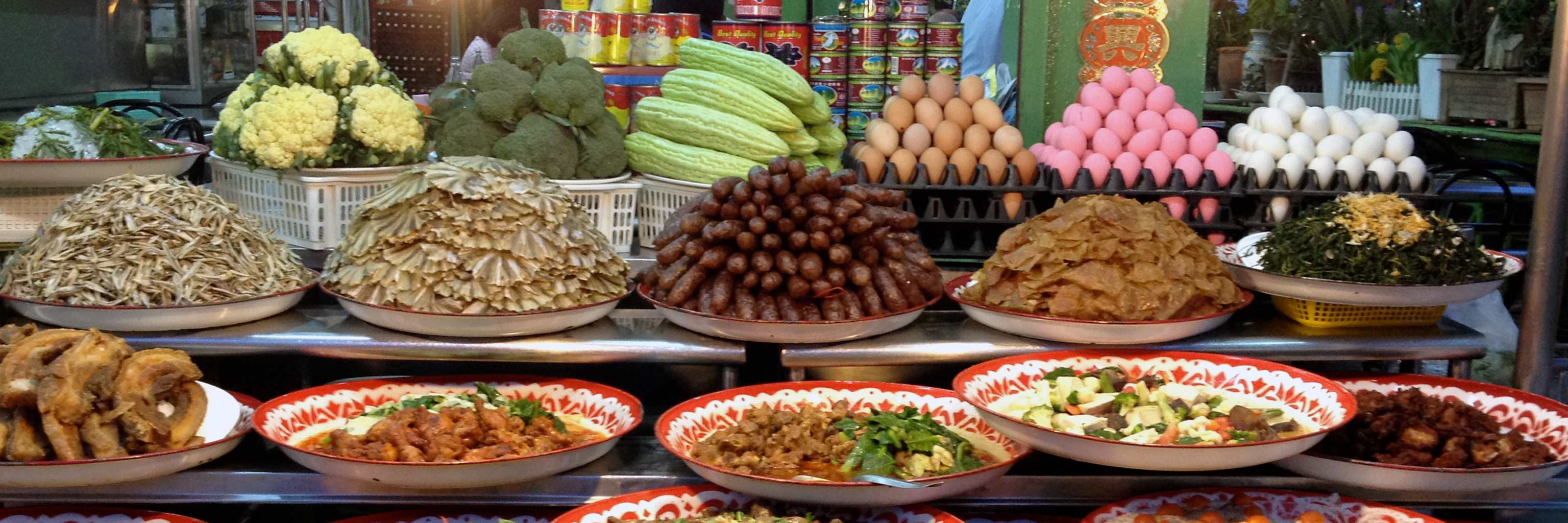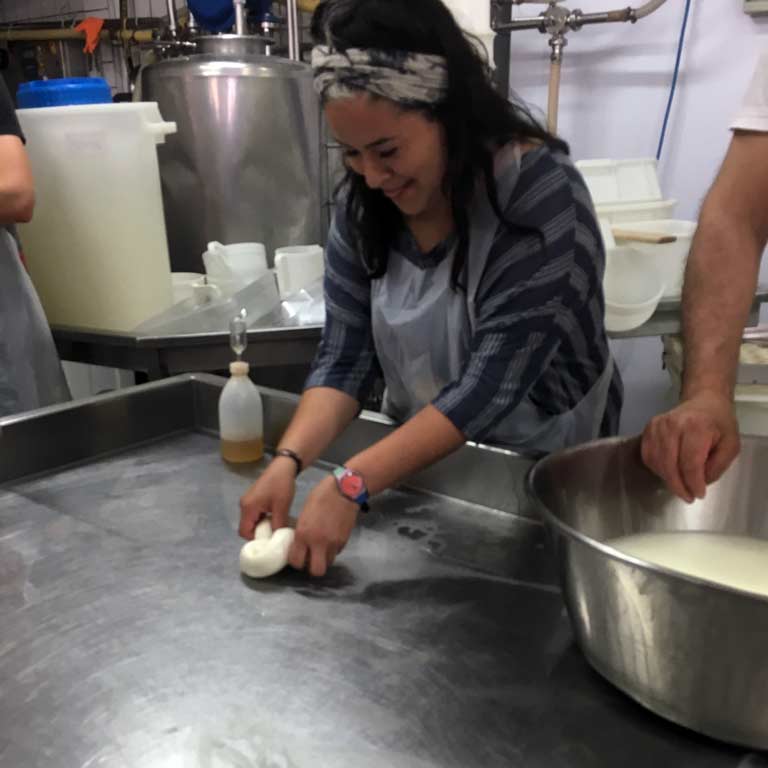Growing interest in food quality, policy, nutrition, and the socio-cultural aspects of food, along with concern over the sustainability of food systems in the face of global environmental change, has created new opportunities for those interested in the field of food studies.
Our Food Studies M.A. is a multidisciplinary degree program that will prepare you with the knowledge and skills necessary to become an expert in food systems at the production, distribution, consumption, and/or policy levels. Through a problem-based approach, you will explore the interconnectedness of food systems with ecological, social, cultural, and political systems. These problems will vary according to your interests, but may include culturally appropriate food, the relationship between farms and the household, policies surrounding food relief and sustainability, food justice and food system governance, the relationship between industrial agriculture and specialty agriculture, problems faced by local food movements, and the future of food systems in a rapidly changing global environment.
Our Food Studies M.A. program provides you with opportunities to:
- Develop a general knowledge of specific foods and food systems, including a biocultural and spatial-temporal approach to human-food interactions.
- Analyze the influence of environmental and cultural variation on food production and consumption and the ways these interactions influence decision making within and outside the food system.
- Engage with broader issues in agriculture, distribution and origin through food chain analysis.
- Focus on policy analysis and associated skills such as scenario simulation will also play a central role in the food studies skill set.
- Gain field research skills, including data collection on abiotic factors, biodiversity, and farm crop variety and productivity, complemented by laboratory skills focused on nutritional analyses and related aspects of food chemistry.
- Obtain hands-on skills in small-scale farming and food service operation.
- Participate in an internship to better prepare you for careers in the field of food studies.
Your program of study will culminate in a student-defined, capstone research project that demonstrates skills in project management, synthesis, problem identification, and problem solving.




 The College of Arts
The College of Arts